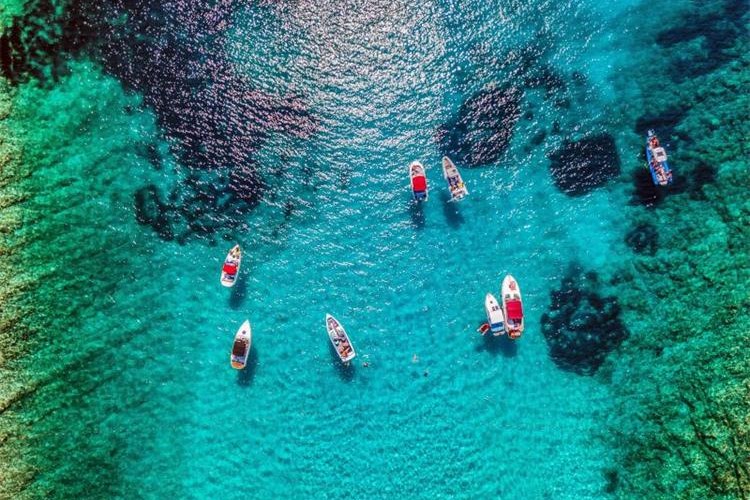- Published: 03.05.2022.
Tourists are ready to change their habits and travel more “sustainably”
In the area of tourism, the trends keep changing, and so do the expectations of tourists. The factors that affect the demand and choice of destination, the ways in which accommodation and services are booked in the destination, or the choice of means of transport change in accordance with those trends. Special attention is given to sustainable development and services and products that adapt to the concept of sustainable development, business and existence.
To gain an insight in current opinions and views of tourists, The European Commission, the European Travel Commission - ETC and Booking.com conducted a research and prepared reports about it.According to the European Commission research, i.e., Eurobarometer 2021 data that are based on opinions of Europeans on travelling, most European Union citizens (82 percent) stated that they are willing to change at least some of their travel habits to make their lives more sustainable. A representative sample of citizens aged 15 and above in each of the 27 member states was interviewed for this research. So, between 18 October and 28 October, 2021, 26,000 interviews were conducted.
According to the said research, the mentioned percent of travellers that are willing to change their habits in accordance to the concept of sustainable tourism is ready to do as follows: consume local products while on vacation (55 percent), reduce waste during vacation (48 percent), travel outside the tourist season (42 percent), travel to less visited destinations (41 percent). According to the same research, about a third of the subjects are ready to change their tourism habits to live more sustainably by paying more, either to protect the environment (35 percent) or for the well-being of the local community (33 percent). A similar share of subjects are ready to change their travelling habits by choosing means of transport based on the ecological impact (36 percent), reduction of water consumption (35 percent) or by contributing to the carbon compensation activities, like planting trees (34 percent).
According to the report on the opinion of European citizens on local and intra-European travels made in April 2022 and published by the European Travel Commission (ETC), three out of four Europeans are planning to travel before September 2022. Considering the summer vacations, 70 percent of Europeans that are ready to travel will do so between June and July 2022, whereas 56 percent of them prefer the choice of travelling within Europe. Europeans' preferences for air travel have increased by 7 percent compared to the December 2021 research. Trips with four to six overnight stays remain the first choice for 33 percent of Europeans who plan to travel, while 25 percent will decide to take a trip that will include 10 or more overnight stays. More than 56 percent of Europeans have already chosen their next destination but have only partially booked their trips or have not yet completed the booking. The importance of flexible cancelling policies has significantly increased compared to previous research.
The results of Booking.com research conducted on more than 30 thousand travellers in 32 world countries show that 82 percent of travellers have confirmed that sustainable travels are important to them, while 50 percent confirmed that the recently published news on climate change have made them choose more sustainable destinations. Furthermore, the said research showed that travellers wish to make a good impact on the destination (leave a “green footprint”) during their visit, and 33 percent of the subjects stated that they want to travel outside the main period of the year. According to the research, 23 percent of travellers stated that they will choose a closer destination in the next 12 month in order to reduce CO2 emission.
The said research confirm changes in trends connected to tourist demand and a greater focus on sustainable tourism. Below you can find links to reports in order to gain more information on the research results:
- Flash Eurobarometer 499 - Attitudes of Europeans towards tourism
- Monitoring sentiment for domestic and intra-European travel – Wave 11
- Climate Action Plan

